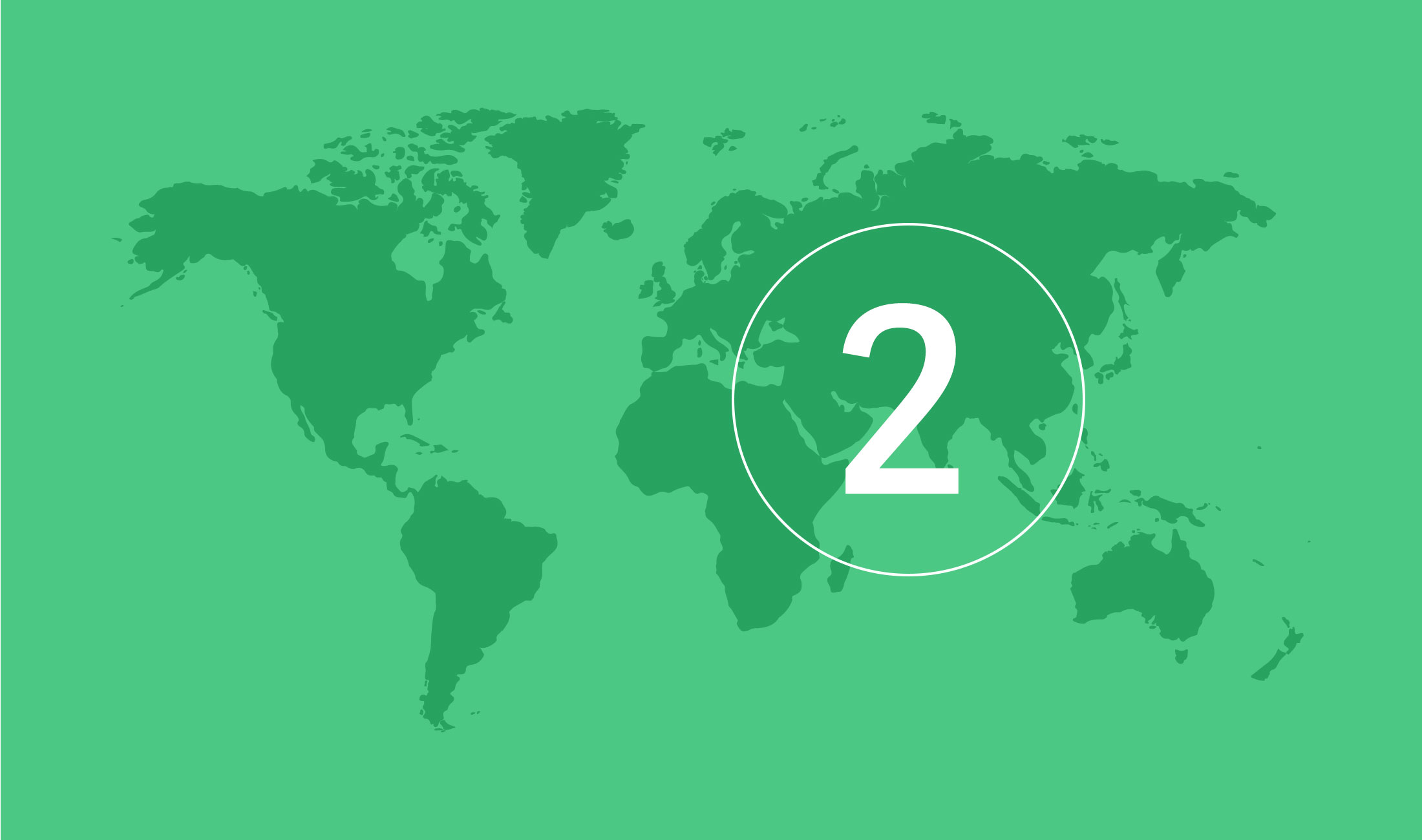
Israel
Category
2
- 0
- 1
- 2
- 3
- 4
- 5
- 6
- 7
| Risk type | Short | Long |
|---|---|---|
| Sovereign |

|

|
| Public |

|

|
| Bank |

|

|
| Corporate |

|

|
The icons indicate EKN's risk assessment.

No policy established

Normal risk assessment

Restrictive risk assessment

Normally off cover

OECD or EU countries
Country risk analysis
Country Risk Analysis of Israel
January 2024
Robust economy in a turbulent environment
Israel’s strengths include an open and competitive economy, where the export sector contributes to almost 30% of GDP (compared with Sweden’s 44%). Between 2013 and 2022, GDP growth averaged 4.1%, which is far better than most advanced economies. This growth is fuelled in part by the high-tech sector, which accounts for 15% of GDP and about half of the country’s exports. The sector has benefited from research and development spending that is among the highest in the OECD, while a strong entrepreneurial culture and access to domestic venture capital have enabled the country to successfully capitalise on innovations.
GDP growth has also been boosted by a strong external position, sustained current account surpluses and substantial foreign exchange reserves, that have provided significant capacity to absorb domestic and external shocks. At the end of 2022, the central bank’s foreign exchange reserves stood at USD 191 billion, equivalent to 37% of GDP. In addition, the economy benefits from newly found gas reserves in the Mediterranean Sea, biotechnology, tourism and agriculture.
Despite a well-developed economy, government finances have periodically been strained. Fiscal deficits, weighed down by high defence spending, have for a long period led to an increase in public debt that culminated in 2020 when debt, as a share of GDP, exceeded 70%. Before the start of the war with Hamas, the IMF estimated that by the end of 2023, the debt-to-GDP ratio would have fallen to just below 60% as a result of the post-pandemic economic recovery.
The government budget balance is expected to weaken significantly in 2023 and 2024 as a result of increased expenditures directly related to the war including reconstruction and lower revenues. Even though the final cost of the war is difficult to estimate and depends on the scale and duration of the war, Moody’s estimates the fiscal deficit for 2023 to be around three per cent and to around seven per cent during 2024. With continued good access to its broad and diversified sources of financing, the central government is not expected to have any substantial difficulties financing the larger-than-expected deficits. Total external debt is low, just under 30% of GDP.
The country’s current account surplus over the past two decades and stable foreign direct investment inflows provide a buffer for the external balance, which is reassuring given the security risks Israel faces.
Very high geopolitical risks in 2024 and beyond
Israel faces considerable geopolitical and security risks with the ongoing war (as of December 2023) with Hamas. The war is of a significantly larger scale than previous historical violent conflicts between the parties. The principal assumption is that the war will remain centred around the Gaza area, while an escalation involving an extended part of the region cannot be excluded.
The Israeli economy has shown great resilience in similar scenarios in the past where declines in GDP during the initial stages of a conflict have subsequently been compensated by rapid recoveries in the quarters that followed. The direct economic impact on the Israeli economy is expected to occur mainly through the labour supply – which has been reduced by 18 per cent as a result of mobilisation and evacuations – as well as lower visitor numbers to the country. Economic activity is expected to recover in early 2024 as the war ends or subsides in intensity. Most analysts therefore assume a GDP growth approaching 2% for 2023 which will then increase to around 2.5% in 2024. Overall, the growth assumptions have been revised downwards by 0.5–1.0 per cent of GDP compared with pre-war estimates.
Even if the most intense phase of the war against Hamas ends in early 2024, the economic impacts will be long-lasting. Increased costs for security arrangements and reconstruction of destroyed infrastructure will weigh heavily on public finances in the long term. The labour supply from the West Bank is also expected to be lower, which will hamper the construction and agricultural sectors, where the flow of workers from both the West Bank and Gaza has so far been a significant component.
The geopolitical situation in Israel’s neighbourhood, with countries plagued by civil strife (Syria, Iraq, Lebanon) or embroiled in geopolitical tensions (Iran and Saudi Arabia), will continue to shape the country’s economic developments long term. Demographic changes in the relationship between secular Jews and other population groups, where the former tend to have a higher level of education and labour force participation, may eventually lead to a decline in productivity and an increased tax burden in order to maintain current structure of public finances. The positive development for Israel in recent years with improved relationships with a number of countries in the Arab world is expected to resume in the long term after the end of the war.
Business environment
The World Bank’s Ease of Doing Business index ranks Israel 35 out of the 190 countries ranked in 2020, which is in line with several OECD countries. In Transparency International’s Corruption Perceptions Index, Israel ranks 31 (out of 180 countries), which is one of the best in the region (with only the United Arab Emirates having a higher ranking). The ranking is an improvement from previous years and is roughly in line with the level of the past decade. The World Bank’s Worldwide Governance Indicators (WGI), which measure the quality of institutions and the regulatory environment, place the country above the MENA average, thanks to stable and well-functioning public institutions. In terms of political stability and the security situation, Israel is categorised as below the regional average.
The Israeli banking sector is well-developed, diversified and well-regulated. The banks have proven resilient in periods of less than favourable market conditions. The banks have for many years maintained high and stable asset quality, and although capital ratios are generally lower than in comparable markets, the central bank’s conservative risk weighting means that banks have a good capacity for absorbing losses. The share of non-performing loans is low (at less than 1%), and the banks are generally well-equipped to deal with credit losses.
Nevertheless, asset quality and profitability are expected to deteriorate as a consequence of more difficult global macroeconomic conditions and the economic implications of the ongoing war.
EKN’s policy
Israel is a high-income country and a member of the OECD, which therefore means that the OECD does not classify the country. EKN upgraded Israel to country risk category 1 in 2017. Market references must be obtained for long credit periods. Normal risk assessment applies to all transactions. No coverage is provided for transactions in respect to occupied territories. These areas include the West Bank, including east Jerusalem, Gaza and the Golan Heights, which were occupied in 1967.
EKN’s commitment and experience
During the period 2018–2022, EKN issued guarantees for 46 transactions, with a total value of just over SEK 12.9 billion, for Swedish companies exporting to Israel. In terms of amounts, the exposure is primarily in the transport sector, which accounts for 98 per cent of guarantees. EKN’s payment experience is good. Arrears are rare; there are currently no outstanding claims, and the most recent indemnification was back in 2016.
More for companies that want to export to Israel

EKN's guarantees
EKN's guarantees reduce the risk of payment defaults and help banks support businesses. Which guarantee suits your needs?
EKN's guarantees
Guarantee guide
Are you unsure which guarantee is the best fit for your specific transaction? Try our guarantee guide.
Guarantee guide